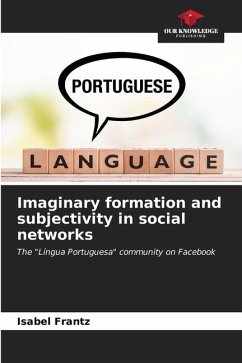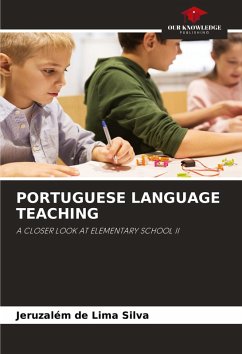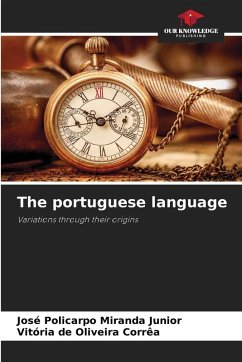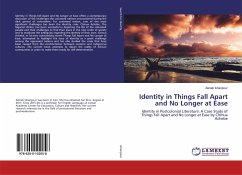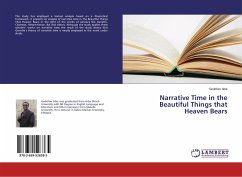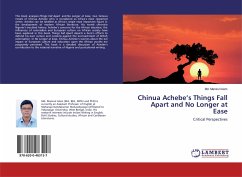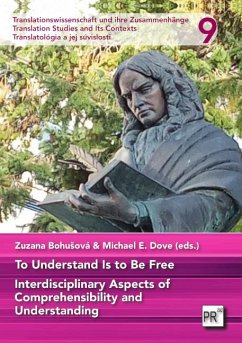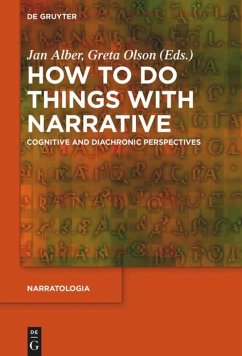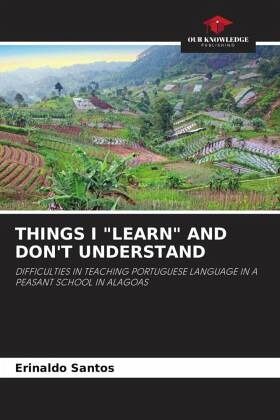
THINGS I "LEARN" AND DON'T UNDERSTAND
DIFFICULTIES IN TEACHING PORTUGUESE LANGUAGE IN A PEASANT SCHOOL IN ALAGOAS
Versandkostenfrei!
Versandfertig in 6-10 Tagen
45,99 €
inkl. MwSt.

PAYBACK Punkte
23 °P sammeln!
This paper presents reflections on the process of school literacy of students from a rural school in the state of Alagoas. The difficulties experienced in peasant education have contributed to the fact that peasant students have a lower performance in reading and writing skills than students from the city. After conducting this study, we found that factors such as the infrastructure offered in the school, the lack of initial and continuing education of teachers, the working conditions of teachers, the difficult social reality in which the student lives, and literacy practices focused on gramma...
This paper presents reflections on the process of school literacy of students from a rural school in the state of Alagoas. The difficulties experienced in peasant education have contributed to the fact that peasant students have a lower performance in reading and writing skills than students from the city. After conducting this study, we found that factors such as the infrastructure offered in the school, the lack of initial and continuing education of teachers, the working conditions of teachers, the difficult social reality in which the student lives, and literacy practices focused on grammatical rules and a structuralist view of language contribute to the fact that the peasant student has learning difficulties and has limited access to multiple modes of literacy.



